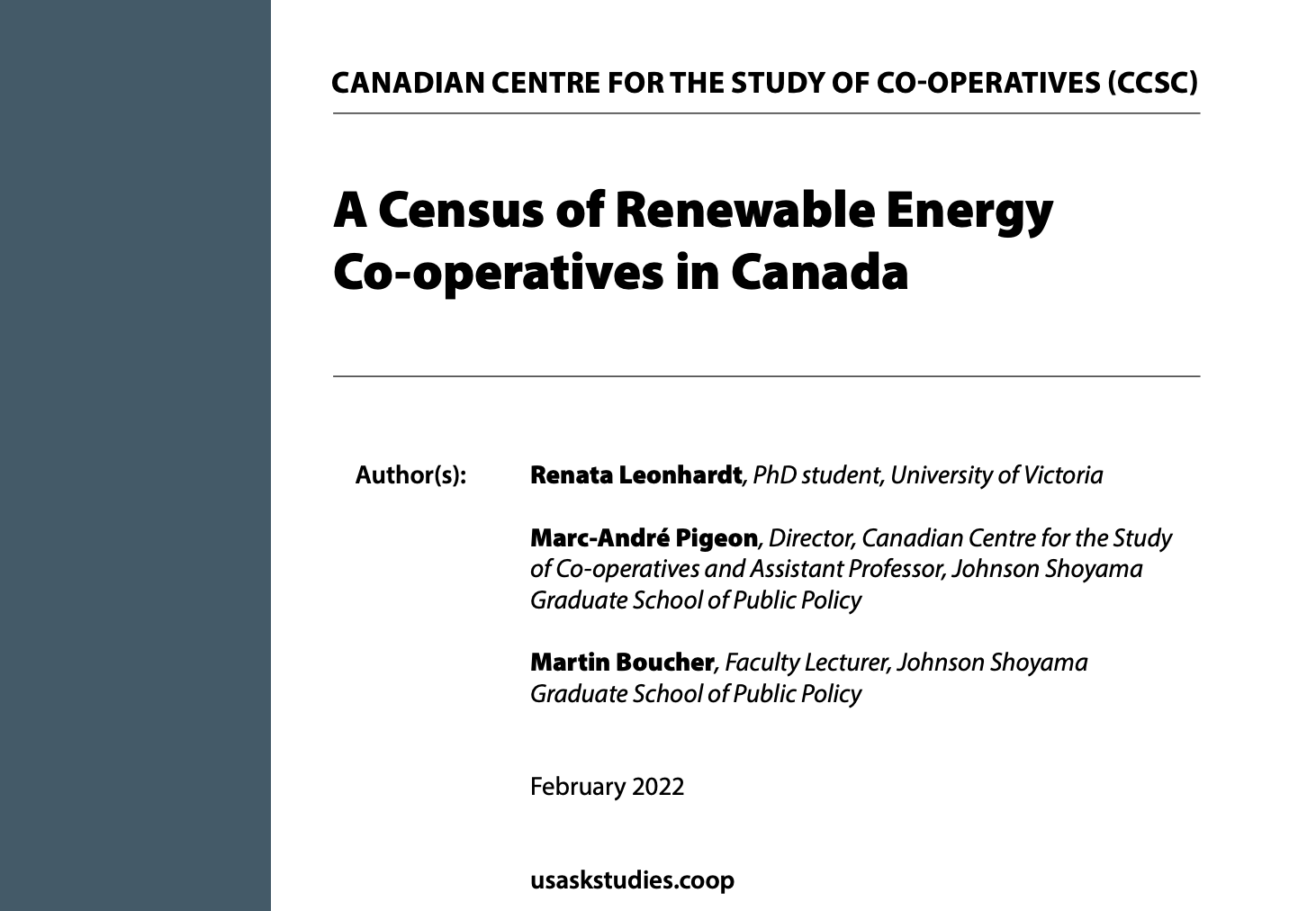Overview
Canada has set a target to achieve net-zero greenhouse gas emissions by 2050. One of the paths to reach this target is through the accelerated adoption of renewable energy technologies. This requires citizen engagement and participation. Renewable Energy Co-operatives (RECs) represent an opportunity for citizens to engage and participate in a local and democratic form of renewable energy production. For RECs to make a meaningful contribution to Canada's net-zero objective, however, they need to find a way to scale their activities and deepen their influence with citizens, policymakers, and each other.
Drawing on findings from a recent census of Canada's renewable energy co-operative (REC) sector, The Scaling Up the Impact of Renewable Energy Co-operatives in Canada Conference will congregate REC leaders from across Canada, policymakers, and researchers to:
- Share findings from Canada's renewable energy co-operative (REC) Census, and collaboratively identify and prioritize actions to address the challenges faced by RECs
- Connect REC leaders to the policymaking community to increase awareness and support for the renewable energy sector
- Develop a measurable and scalable strategy for the REC sector to contribute to Canada's energy transition through workshops and strategic discussions.
|
This conference is proudly supported by: |
|
|
 |
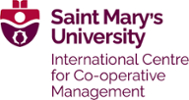 |
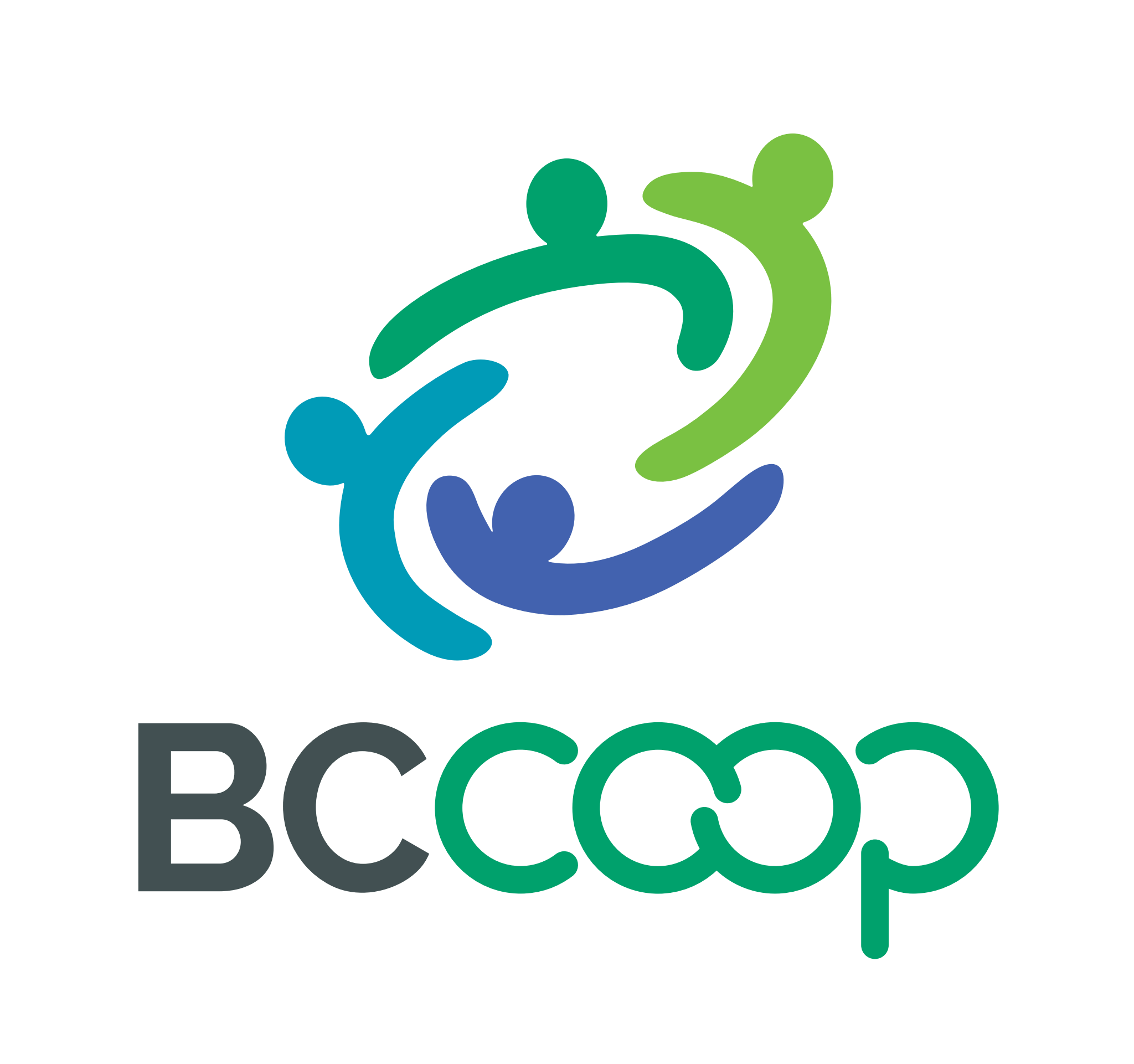 |
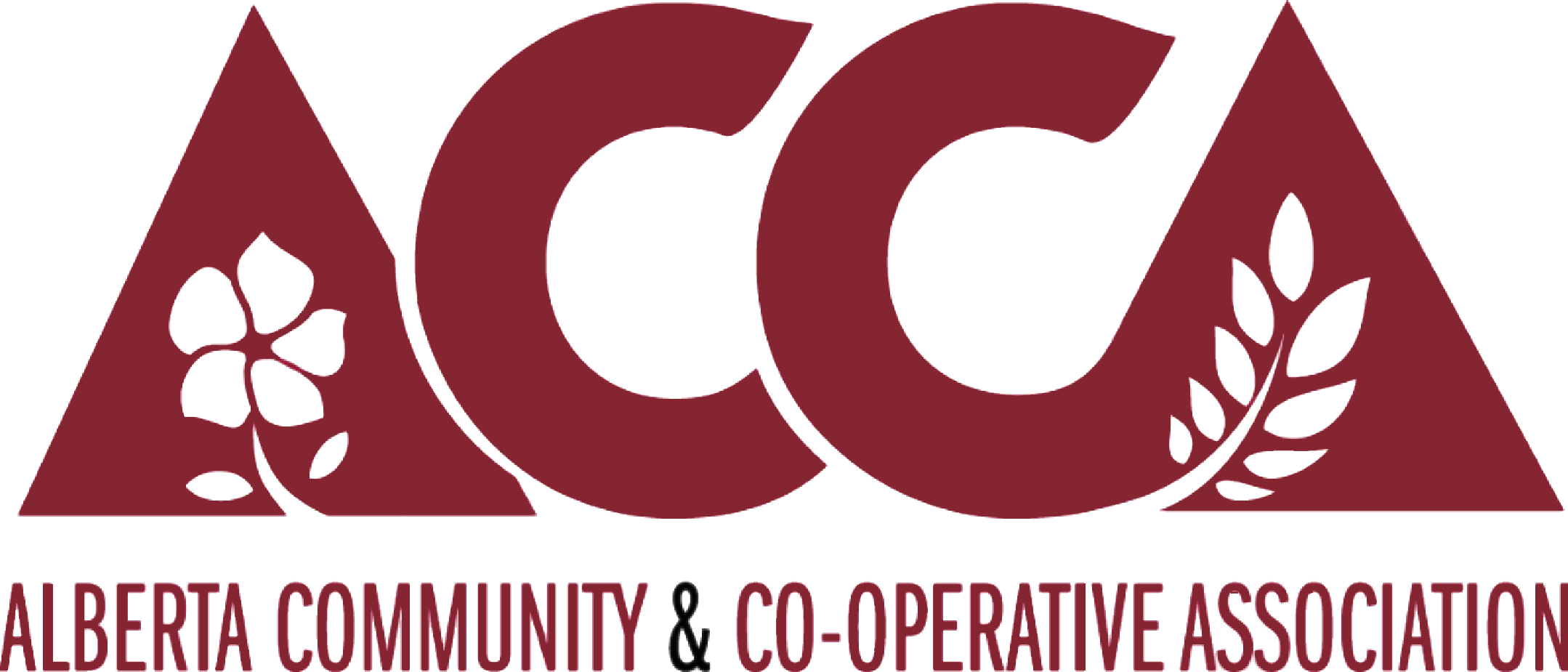 |
 |
|
Registration
- $400 (HST included) for an In Person Conference Ticket
Dietary requests
Breakfast, lunch, and snacks will be provided at the conference. If you have any specific dietary requests, please send them to Leigh Anne Neal at leigh.neal@usask.ca.
Access requests
We want to ensure equal access to conference facilities and housing for all guests. Kindly let Leigh Anne Neal at leigh.neal@usask.ca know if you have any specific access concerns or requests.
Program
Day 1 (May 25): Optional Kickoff Reception
Time: 6:00 - 8:00 PM EST
Location: The Albion Rooms (33 Nicholas Street, Ottawa, and located within the Novotel Ottawa Hotel)
Day 2 (May 26)
Time: 7:45 AM - 4:30 PM EST
Location: Saint Paul University
Conference Program
| Breakfast | 7:45 - 8:45 AM |
| Welcome and Opening Discussion | 8:45 - 10:00 AM |
| Brain Food Digestion Break | 10:00 - 10:30 AM |
| Panel #1 - The REC Story | 10:30 AM - 12:00 PM |
| Lunch | 12:00 PM - 1:00 PM |
| Panel #2 - The Policymaker Perspective | 1:00 - 2:30 PM |
| Brain Food Digestion Break | 2:30 PM - 3:00 PM |
| Panel #3 - The REC Ecosystem | 3:00 - 4:30 PM |
| Optional Dinner and Casual Networking | 5:30 - 7:30 PM |
Day 3 (May 27) The REC League
This session is reserved for invited Renewable Energy Co-operatives leaders and researchersTime: 8:00 AM - ~1:00 PM EST
Location: Saint Paul University
Participating Organizations
- Bow Valley Green Energy Co-operative
- Peace Energy Co-operative
- Wascana Solar Co-operative
- Xaadáa Gwáay Renewable Energy Co-operative
- OREC (Ottawa Renewable Energy Co-operative)
- TREC (Toronto Renewable Energy Co-operative)
- Community Power Northumberland
- Solar Share
- Beauséjour Renewable Energy Co-operative
- SES Solar Co-operative
- Guelph Renewable Energy Co-operative
- Windshare Co-operative
- Co-operatives First
- QUEST Canada
- NRCAN (Natural Resources Canada)
- Meridian Credit Union
- Government of Nova Scotia
- Vancity Community Investment Bank
- CMC (Co-operatives and Mutuals Canada)
- ACCA (Alberta Community and Co-operative Association)
- Prince Edward Island Co-operative Council
- Newfoundland and Labrador Federation of Co-operatives
- Eco-West Canada
Conference Leads

Martin Boucher, Faculty Lecturer, Johnson Shoyama Graduate School of Public Policy
Dr. Martin Boucher is the academic lead for the online Master of Public Administration (online MPA) and plays a key role in the Governance and Entrepreneurship in Northern and Indigenous Areas (GENI) program. His research is dedicated to advancing the energy transition with focus on northern energy futures, governance, decentralized energy transitions, entrepreneurship, and skills development.
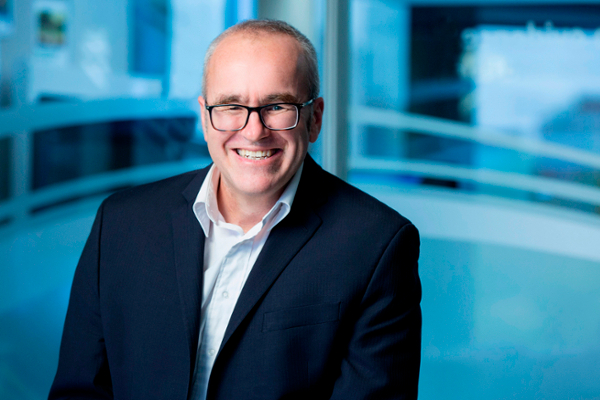
Marc-Andre Pigeon, Director, Canadian Centre for the Study of Co-operatives; Assistant Professor, Johnson Shoyama Graduate School of Public Policy
Dr. Pigeon holds a PhD in Mass Communications from Carleton University and has worked in a number of economics and policy-related positions, most recently as assistant vice-president of public policy at the Canadian Credit Union Association. He has also served as interim-vice president of government relations at CCUA, as a special advisor and senior project leader at the federal Department of Finance, and as lead analyst on several federal Parliamentary committees including the House of Commons Standing Committee on Finance, the Standing Committee on Public Accounts, the Standing Committee on Banking, Trade and Commerce, and the Standing Committee on Agriculture and Forestry. Dr. Pigeon also worked as an economic researcher at the Levy Economics Institute of Bard College and started his career as a financial journalist at Bloomberg Business News.
His academic background is in economics as well as communications studies (including journalism), having studied at Carleton University, the University of Ottawa and New School University in New York City. Dr. Pigeon's research interests include the study of co-operatives, behavioural economics/psychology, income distribution, money and banking, and fiscal and monetary policy.
Planning Committee Members
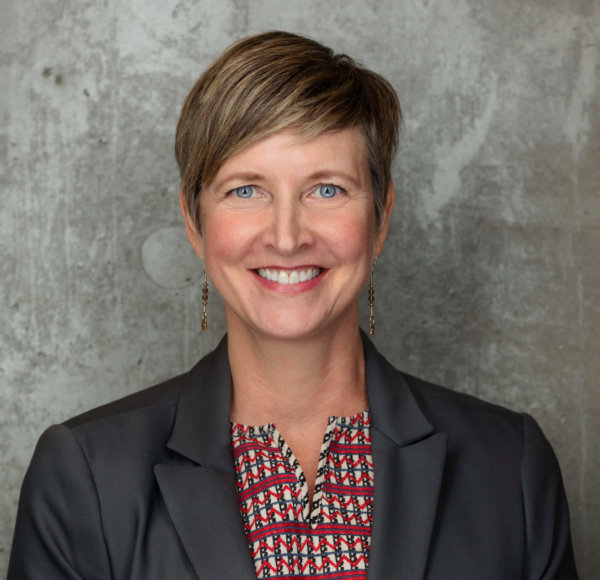
Audra Krueger, Executive Director, Co-operatives First
Audra Krueger is the Executive Director of Co-operatives First, a non-profit organization promoting the co-operative model in rural and Indigenous communities across western Canada. Before joining Co-operatives First, Audra was Research Liaison at the University of Saskatchewan’s Centre for the Study of Co-operatives. She is former vice-chair of Good Food Junction Co-operative, first director and treasurer of Saskatoon Car Share Co-op, director of Saskatchewan Co-operative Association and Executive Director of the Core Neighbourhood Youth Co-op.

Derya Tarhan, Assistant Professor in the Teaching Stream at the Ontario Institute for Studies in Education of the University Toronto
Dr. Derya Tarhan is an Assistant Professor in the Teaching Stream at the Ontario Institute for Studies in Education of the University Toronto, and a postdoctoral research fellow at Royal Roads University. His work focuses on the theory, practice, and intersections of social and solidarity economy (SSE), community development, and socio-environmental change. He also has been involved in the forming of a renewable energy co-operative in Ontario and serves as a board member of the Canadian Association for Studies in Co-operation.

Diamond Isinger, Director of Advocacy, Co-operatives and Mutuals Canada
Diamond Isinger is the Director of Advocacy at Co-operatives and Mutuals Canada (CMC). Before joining CMC, Diamond spent two years in the Prime Minister’s Office, focusing on Canada-US relations during the renegotiation of the North American Free Trade Agreement (now the Canada-US-Mexico Agreement), and was closely involved in high-profile bilateral and multilateral advocacy efforts involving the Prime Minister, members of the federal cabinet, and other key stakeholders. Before joining the Prime Minister’s Office, she worked at Global Affairs Canada in the Office of the Minister of International Trade, responsible for stakeholder engagement in western Canada, issues management, and operations.
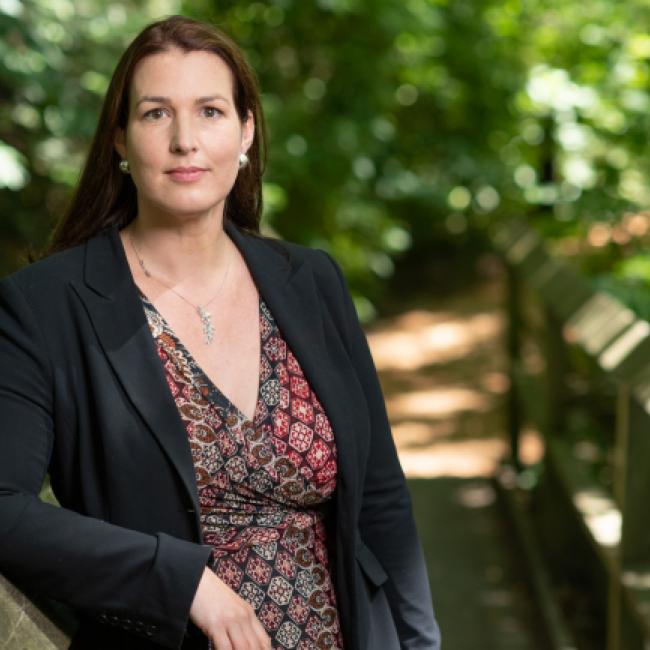
Julie MacArthur, Associate Professor and Canada Research Chair in Reimagining Capitalism at Royal Roads University
Dr. Julie MacArthur is an Associate Professor and Canada Research Chair in Reimagining Capitalism at Royal Roads University. She is the author of Empowering Electricity: Co-operatives, Sustainability and Power Sector Reform in Canada (UBC 2016), co-editor of Environmental Politics and Policy in Aotearoa New Zealand (with Maria Bargh, 2022) and author of numerous articles and book chapters on energy democracy, inclusive low carbon transitions, participatory environmental governance, and comparative energy policy. She is recent past-Chair of the international WISER (Women and Inclusivity in Sustainable Energy Research) Network.

Karen Miner, Managing Director, The International Centre for Co-operative Management
Since 2012, Karen Miner has led the International Centre for Co-operative Management as their managing director. She is also a Governance Researcher and Adjunct Professor. Karen is an expert in the management and governance of values-based businesses, with an emphasis on co-operatives, credit unions, and mutuals (plus, the broader social solidarity economy). She is also a Certified Management Consultant and a Certified Director (ICD.D and ACCUD) through the Institute of Corporate Directors and Canadian credit union system.

Kuan Jian Foo, Founder, Bia Energy Consulting
Kuan Jian Foo is the founder of Bia Energy Consulting, located in the Cowichan Valley. Kuan has over 12 years working in energy efficiency and renewable energy, he now works in energy advising and renewable energy consultations.
COVID-19 Guidelines
In accordance with Saint Paul University’s COVID-19 policy, wearing a mask indoors and outdoors (if distancing could be challenging or is not possible) during the conference is recommended, though not required. Hand sanitizer will be provided at the conference.
Additional COVID-19 guidelines can be found via the Province of Ontario’s COVID-19 guidelines and Saint Paul University’s guidelines.
Contact Us
If you have any questions, please contact Leigh Anne Neal, Research Assistant at the Canadian Centre for the Study of Co-operatives, at leigh.neal@usask.ca, and Stan Yu, Research and Communications Coordinator at the Canadian Centre for the Study of Co-operatives at stan.yu@usask.ca


